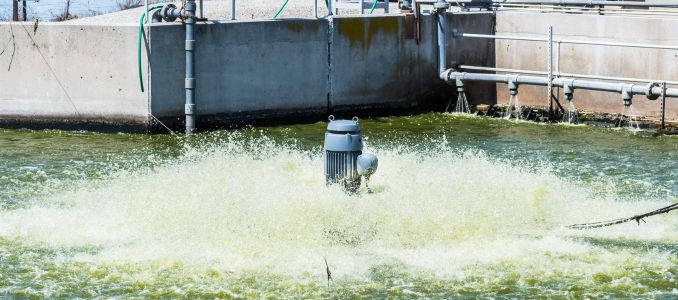
EPA Orders Radius Recycling to Reduce Pollutant Discharges into San Francisco Bay
Following Clean Water Act violations, Radius Recycling must install new treatment systems and improve site maintenance to reduce metal pollution from its Oakland facility.
- By Stasia DeMarco
- Jun 23, 2025
The U.S. Environmental Protection Agency has issued an Administrative Order on Consent to Radius Recycling Inc. for violations of the Clean Water Act at its metal recycling facility in Oakland. The order addresses unlawful discharges of pollutants into the Oakland Inner Harbor and San Francisco Bay.
The EPA found that wastewater from the facility exceeded federal permit limits for zinc, copper, and acute water toxicity under the National Pollutant Discharge Elimination System (NPDES).
“This order requires Radius Recycling to improve the quality of water discharges leaving the facility, which will help reduce the flow of pollutants into San Francisco Bay,” said Amy Miller, EPA Pacific Southwest Region director for enforcement and compliance assurance. “In addition, this agreement will improve the general cleanliness of the site and address local community health and safety concerns.”
To comply with the order, Radius Recycling will install a granular activated carbon treatment unit designed to reduce metal levels below discharge limits. The company is also required to develop and implement a Water Pollution Prevention Plan, which includes increased site inspections, as well as enhanced cleaning and maintenance protocols.
San Francisco Bay, home to more than 7.5 million residents in the Bay Area, has long been impacted by elevated metal levels that pose risks to aquatic life and human health. Metals such as copper and zinc can accumulate in fish, leading to health risks for individuals who consume them.
In January 2025, the EPA signed a memorandum of understanding with Radius Recycling, the California Environmental Protection Agency, state regulators, and a community organization in West Oakland. The MOU established a collaborative framework to address concerns related to the company’s metal shredding operations and their impact on nearby neighborhoods.
The latest enforcement action continues the agency’s effort to strengthen environmental protection while addressing local health concerns through interagency cooperation.
About the Author
Stasia DeMarco is the Content Editor for EPOnlne.